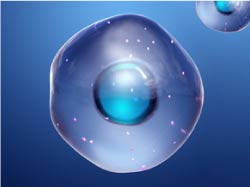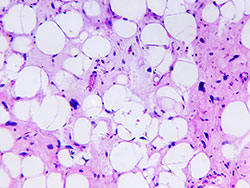
Dr. William Matsui | CureTalks
Dr William Matsui is the deputy director of the LIVESTRONG Cancer Institutes at Dell Medical School. He specializes in caring for patients with cancers that involve the blood and bone marrow as well as bone marrow transplantation. Dr Matsui came to Austin from the Johns Hopkins University School of Medicine, where he was a professor of oncology and served as the director of the Multiple Myeloma Program and the co-director of the Division of Hematologic Malignancies. Dr Matsui received his undergraduate degree in biochemistry from Harvard College and his medical degree from the University of California at San Francisco. He completed his residency training in internal medicine at the University of Washington in Seattle and his clinical training in medical oncology at Johns Hopkins. Dr Matsui has carried out laboratory-based translational research throughout his career and focused on studying cancer stem cells, tumor cells with enhanced growth potential and their role in clinical oncology. His laboratory first identified cancer stem cells in the plasma cell malignancy multiple myeloma in 2003 and subsequently in other cancers including lymphomas, leukemias and pancreas cancer.Dr Matsui’s laboratory has also demonstrated that several pathways regulating normal stem cells, including those involved in embryonic development, are abnormally activated in cancer stem cells. Importantly, his lab has emphasized translational research and successfully built on their laboratory findings to carry out clinical trials testing novel therapies.Dr Matsui has been awarded the Scholar in Clinical Research Award and George Santos Research Award from the Leukemia and Lymphoma Society, the Clinician Scientist Award from Johns Hopkins University, and teaching awards from the Departments of Oncology and Medicine.
Related Talks
Multiple Myeloma Stem Cells and Drug Resistance in Myeloma Management
Multiple myeloma is a heterogenous plasma cell disorder that contains a small fraction of clonogenic stem cells, just like many other cancers. Although…
Targeting Stem Cells in Multiple Myeloma for Improved Outcomes
Multiple myeloma remains incurable despite improved remissions with novel agents. Relapse eventually occurs in the form of drug-resistant disease that carries a dismal…
Preventing Relapse in Multiple Myeloma
Recent introduction of new therapies has significantly improved outcomes for patients diagnosed with multiple myeloma. However, cures remain rare in myeloma and most…


